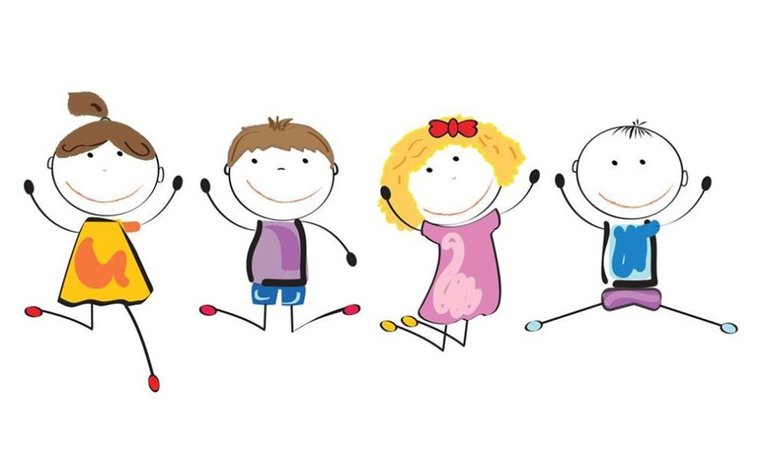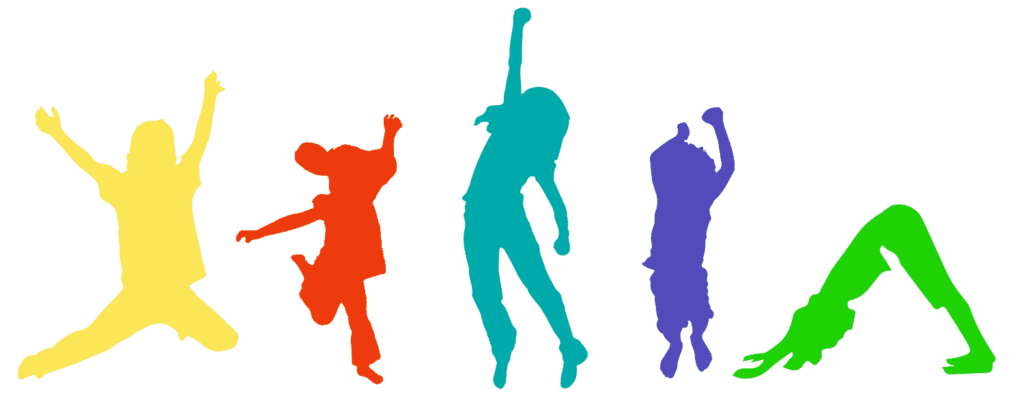Both able-bodied learners and learners with disabilities need opportunities for physical activity, to develop independence, as well as gross motor and fine motor skills. The limitations imposed by the various conditions make this need an even more important factor in programs for the disabled. Educators, peers and parents often restrict learners with disabilities from doing tasks that they can perform; as a result, dependence on an able-bodied person may become a habit.

Learners with disabilities need to move around with able-bodied persons where possible. They need to test their competence and become more independent by developing physical fitness and motor skills. Developing self-confidence, leadership, and social interaction are equally important to able-bodied learners and learners with disabilities.
How to include learners with disabilities.

Physical educators do not need to protect learners with disabilities from failure, give unearned praise or lower their expectations and standards of performance. A learner with a disability is likely to be as adventurous and resourceful as any other learner who wants to work hard to achieve a goal. Learners with disabilities have to accept the risks, challenges, discipline, repetition and frustration which are part of physical education and sports participation.
Learners with disabilities can compete on all levels in a wide range of activities. In spite of certain conditions and concerning rules, equipment and sometimes technique, generally educators need not treat these learners differently from their able-bodied peers.
Learners with disabilities have to cope with the following disadvantages:
- a lack of opportunity to develop the basic movement skills in early childhood
- poor socialization skills, which make appropriate interaction difficult
- a poor body image, which expresses itself in a lack of confidence and motivation to try new skills
- communication difficulties
It is necessary to integrate learners with disabilities in normal everyday events.
Integration is a process of normalization; these learners need to participate and enjoy experiences with their peers. They need to become part of the group, subject to the same rules and regulations as the other learners. However, inclusion does not mean:
- that learners with disabilities should just be "dumped'' into the physical education class
- that all learners should work towards the same educational goals
- that all learners should receive the same instructions
Inclusion of learners with disabilities gives them the opportunity to take risks, make mistakes, make choices, and win and lose. But they should not be placed in the mainstream without the necessary support: they need an environment that allows for their participation in mainstream schools. This means a recognition and acceptance of differences by
educators and peers.
What are the benefits of an inclusive program?
- It is an opportunity to learn social skills in more "natural'' environments, for example appropriate greeting, learning non-stigmatizing behavior.
- It offers contact with age-appropriate, able-bodied role models.
- Learners without disabilities learn to appreciate individual differences better, and develop more positive attitudes with adult guidance.
- Special educators learn what is appropriate for learners without disabilities.
- Higher educators' expectations of learners with disabilities are incorporated in inclusive programs.
- Learners without disabilities get a broader perspective on life and their own ability (eg by having contact with learners who may struggle to manage an action most of us take for granted, like keeping one's head upright).
- It gives learners opportunities to upgrade their skills and confidence in a wide range of modified games that can be tuned to match their physical, intellectual and emotional development.
- It supports learners as they grow in dignity, self-confidence and self-esteem, through enjoyable and rewarding physical activity.
- It encourages parent and community involvement in the physical education program, whether at school, in a community centre or a local sports club.
- it involves learners in the same program at the same school as their siblings and peers.
- It can be fun for all learners.
Make allowances for natural energy combined with a shorter attention span: for example: let them catch a ball after two bounces instead of one bounce. You may scale down the playing field as a way of increasing the amount of activity in the time available. These adjustments will also help able-bodied learners with coordination difficulties. Normally
educators expect too little of learners with disabilities - physically, emotionally or socially.
So do not make unnecessary allowances or lower your standards: let the learner guide you.
Progress is measured by the improvement in a learner's responses, skills level, and in participation and enjoyment.

Your role as an educator is very important to the success of the process of integration. The educator must assess whether the learner's level of ability and skills matches the activity's demands and expectations. Educators must therefore consider:
- type of activity (group/individual; degree of interaction required)
- degree of proficiency required
- type and degree of disability
- Inappropriate attempts at integration will only frustrate, embarrass and humiliate a learner. As a result the learner will probably come to dislike physical education and lose self-esteem.
Resources and Extra reading:
Fine motor skill | Movement abilities of Down syndrome children | Inclusion of disabled | Promoting participation | Physical education approaches | PE standards | PE challenges | Inclusion of students | Failed?

Hello @ghostgtr, Your publication has been voted by Edu-venezuela. Your post will carry over to other curation projects for more voting support. Keep up the good work!
Thank you!